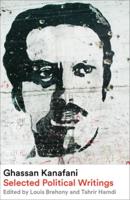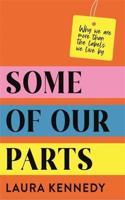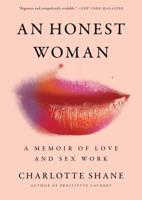Publisher's Synopsis
Joseph Stalin remains one of history's most enigmatic and controversial figures. His name is synonymous with terror, oppression, and the deaths of millions, yet he also presided over the rapid industrialization of the Soviet Union and its emergence as a major global power. This biography aims to provide a comprehensive and nuanced understanding of his life, examining both his accomplishments and his crimes within the broader context of 20th-century history. The narrative explores his origins in Georgia, his ascent through the ranks of the Bolshevik Party, his consolidation of power following Lenin's death, and his subsequent rule as the undisputed dictator of the Soviet Union. We will delve into the key events that defined his era, including the forced collectivization of agriculture and the resulting devastating famine, the Great Purge, his role in World War II, and the shaping of the early Cold War. This book also examines Stalin's personal life, his relationships, his ideology, and his methods of maintaining control, aiming to offer a multi-faceted portrayal that moves beyond simplistic characterizations. We will investigate the mechanisms of totalitarian control, from propaganda and censorship to the pervasive network of surveillance and the brutal Gulag system. The analysis will further explore Stalin's manipulation of Marxist-Leninist ideology, the creation of a cult of personality, and his complex relationship with nationalism and Soviet patriotism. Crucially, the book will engage with the ongoing debate about Stalin's legacy, acknowledging the diverse perspectives that exist and the complex moral and historical challenges involved in assessing his impact. This is not a simple narrative of good versus evil, but rather a careful examination of a complicated historical figure whose actions had profound and enduring consequences for the Soviet Union, the world, and our understanding of the dangers of authoritarianism and the importance of human rights. The final chapters will explore his death and the subsequent processes of de-Stalinization, reflecting on the continuing relevance of his era in contemporary discussions of totalitarianism, power, and the enduring fight for freedom and justice.









